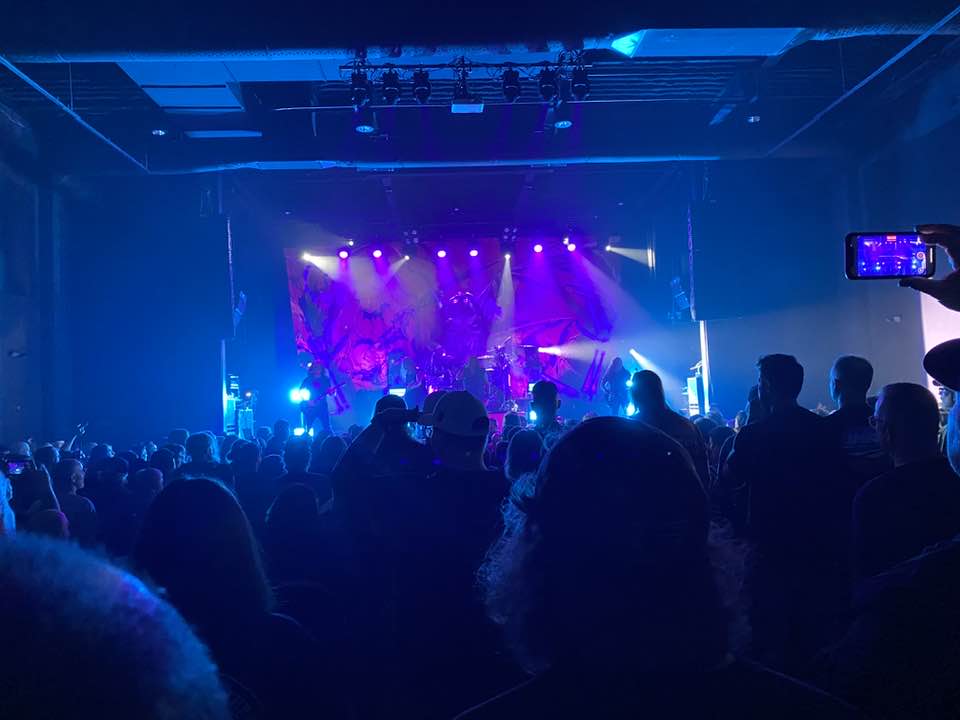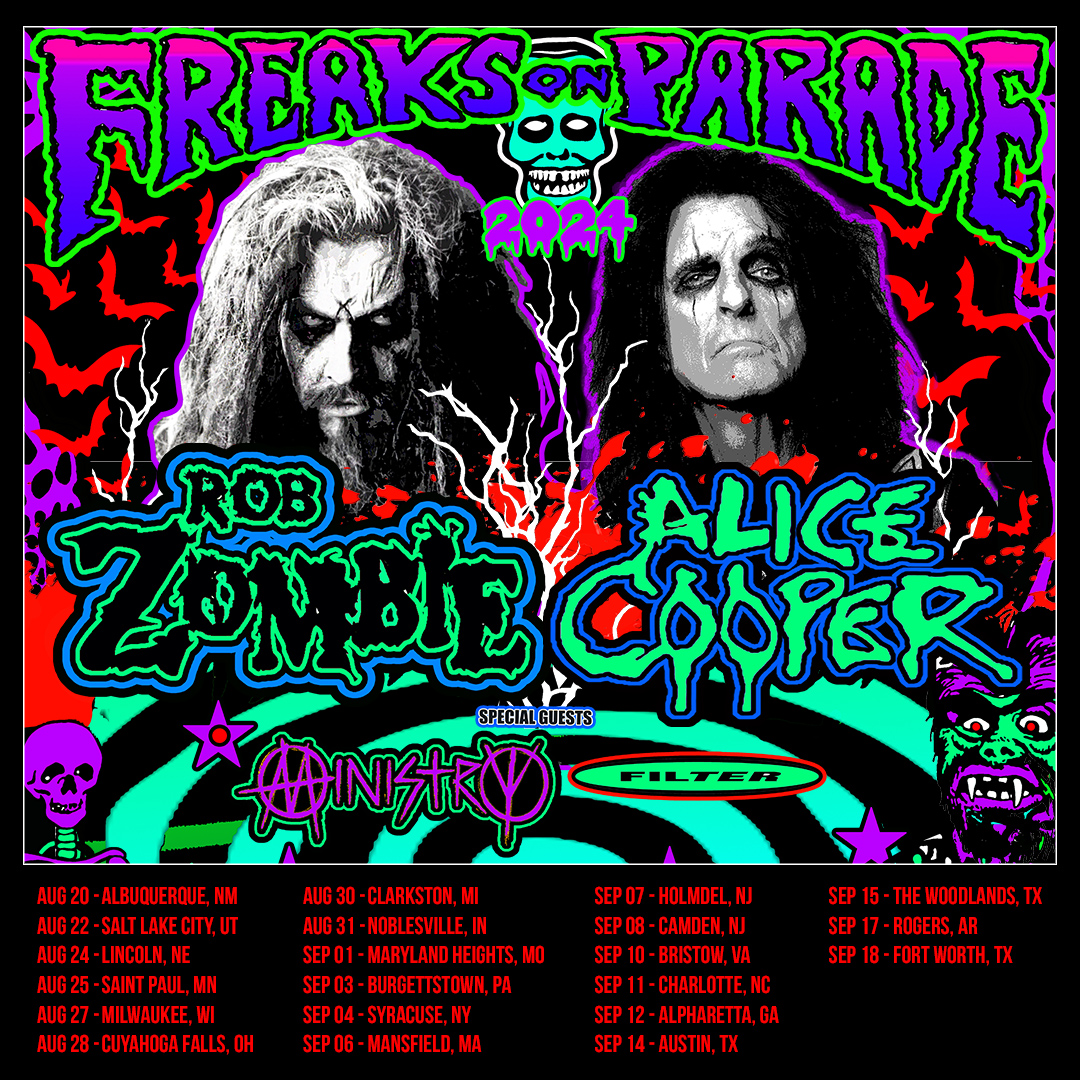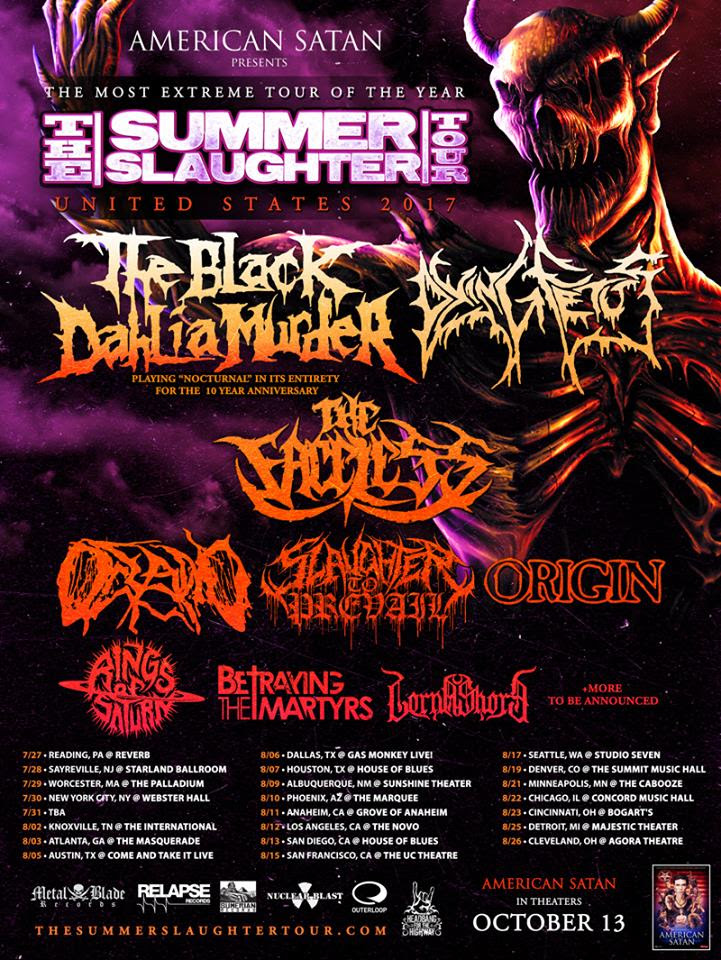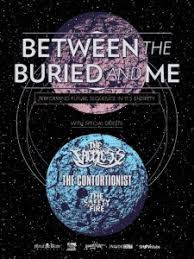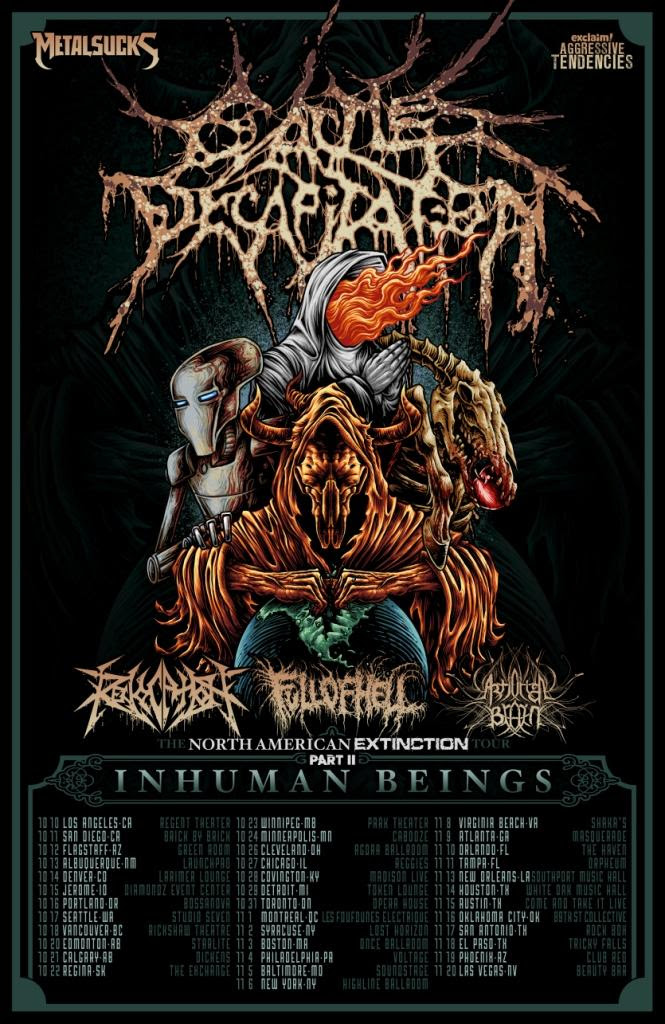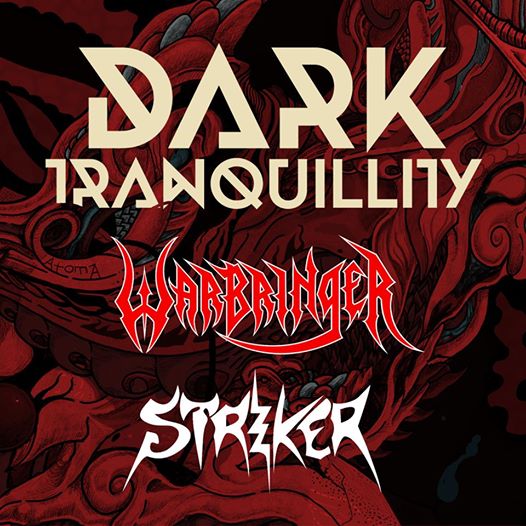A Wilhelm Scream Bio

TREVOR REILLY - GUITAR / VOCALS NUNO PEREIRA - VOCALS CHRIS LEVESQUE - GUITAR NICK ANGELINI - DRUMS CURTISS LOPEZ - BASS / VOCALS
Genres
punk metal
hardcore
"We wouldn't attempt another record if we didn't think it could blow the last one away," says guitarist and singer Trevor Reilly.
Easier said than done. In 2004 A Wilhelm Scream dropped an invigorating album, Mute Print, to an unsuspecting world. Word among fans and their peers spread steadily and the album became one of the "must-hears" of the year. On the road non-stop since its release, playing with the likes of Rise Against, Strung Out, and The Lawrence Arms, A Wilhelm Scream have converted audiences with a live show that matches the energy and complexity of the album.
Touring for a young band is crucial, but it makes writing new material a bit problematic. Instead of the relaxed, familiar surroundings of a basement or practice space, the band worked out new songs from the road: the germ of a song started in Denver and finished in Florida. Riffs were laid down on a mini-tape recorder. Hard-fought inspiration broke through the monotony of driving down the interstate in the middle of nowhere, trapped in a van with four other seldom-showered guys.
The end result is Ruiner: fourteen unorthodox arrangements of punk, metal, and melody going far beyond a rehashing of their previous record. It's a chaotic, yet skilled amalgamation of harmonized guitar riffs, literary lyrics delivered with the gruff urgency of singer Nuno Pereira, backed with melodic vocals and thundering rhythms. How it all holds together is the secret ingredient of A Wilhelm Scream.
One of the striking features of Ruiner is its restraint. Songs like "When I Was Alive: Walden III" end almost too soon, so you find yourself listening over and over again. A Wilhelm Scream seem to be pacing themselves, keeping their aces in the hole. Consider "Congratulations," clocking in just under 90 seconds, the song punches into its urgent verse then into thick, double guitar riffs, and nineteen seconds later you're hit head-on with the chorus, fat with hook and sarcasm: "Here we are in love again / Congratulations / I'm here as the entertaining fool." One more time through verse and chorus and you're dumped into one of the album's most intense moments, the anthemic intro to "The Kids Can Eat A Bag Of Dicks."
Relentless songs like "The King is Dead" and "Killing It" abound. You soon realize that you've become a glutton for the band's punishment. A Wilhelm Scream's subtle humor, revealed in not-so-subtle song titles such as " Me Vs. Morrissey In The Pretentiousness Contest (The Ladder Match)" and "Less Bright Eyes, More Deicide," makes said punishment all the more palatable. And in an unprecedented move for the band, they drop the intensity down a couple notches and Pereira backs off the mic while Reilly steps in for complete vocal duties on the song "In Vino Veritas II."
"After writing a shit-load of the big, bad, angry fast stuff all day, I had to do something way different, just to help get through writing process," says Reilly. 'In Vino Veritas II' is a sad, creepy song about how red wine can ruin a good night."
"My main focus on this record was making a way better Mute Print in every way," Reilly continues. Perhaps this explains the band returning to work with Bill Stevenson and Jason Livermore at The Blasting Room in Ft. Collins, CO. Mute Print was recorded on a smaller budget and in a short period of time. "With Mute Print Bill never even had a chance to produce our record," Reilly says. "We were rapid fire speed-recording all night and day so there was never any time for that."
With more studio time, the same thorough preparation on the band's part and the experience of working together, A Wilhelm Scream had everything they needed to take the next step. "Bill and Jason were familiar with us as people and musicians this time around so our strengths were exploited more efficiently. We were able to spend more time creating and tweaking sounds to make it bigger, louder and meaner."
With the goal of improving on their last effort, why then call the new album Ruiner? "It refers to those pivotal moments in life where there's no turning back," Reilly says. "For example when you pick up an instrument and start to play music, in a way it ruins your ability to simply enjoy music."
Whether or not Ruiner represents a point of no return for the band remains to be seen, but it's clearly the next step in a burgeoning career.
Click here to update bio

